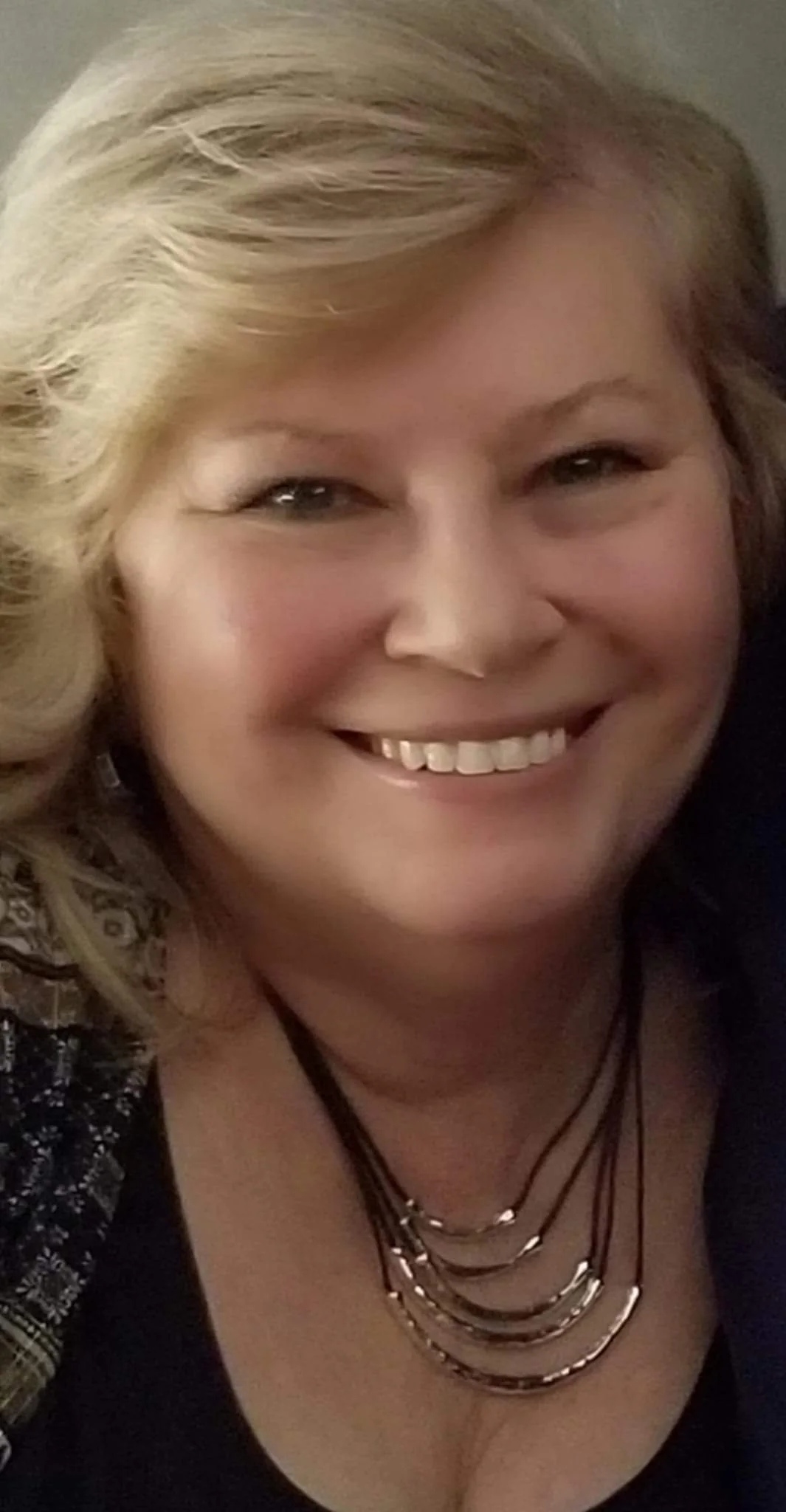Jean has AIP
“I’ve been managing my porphyria for decades now and sometimes I was down for the count, but it hasn’t stopped me.”
Permission to publish was given by Jean in October 2022
A Full Life with Porphyria is Possible
I’ve been living with porphyria for 60 years now. Growing up, my mother would get sick, but we thought it was just a flu. When I was 18, mom was sick enough to go to the hospital and it almost killed her. In those days, a lot of medication wasn’t safe for porphyria and everything they gave made her worse. We thought we were going to lose her. They were getting ready for exploratory surgery when a surgeon named Dr. Whitby suggested they test for a couple of rare diseases first. The test came back for acute intermittent porphyria. They were finally able to treat her and she slowly got better.
Once my mother was diagnosed, they tested my siblings and I, and I was the only one to test positive for porphyria. We tried to find out what we could about porphyria, but information was hard to come by and the only thing I really remember learning was that King George III had porphyria.
By the time my mom was diagnosed, I was already having attacks. I’d be in terrible pain and get very nauseous. A few years before, when I was 15, I’d even had my appendix removed. But because there was so little information available, I didn’t realize that these symptoms were the porphyria. A few years later I was still having abdominal pain and was sent for a kidney stone test. Before the test you had to fast and that triggered a terrible attack. I lost consciousness for two weeks and woke up in the ICU. My organs had begun to shut down. I was lucky that an endocrinologist, Dr. Kidd, had noticed my urine was a dark colour and recognized porphyria.
As I was recovering afterwards, he told me I needed to learn everything I could about porphyria because I’d have to be my own advocate. He brought me a cartful of books with bits of paper marking the porphyria sections. I read them all in my hospital bed.
I learned how to manage my porphyria myself. When I feel an attack coming on I try to get it under control right away. I had a stressful job providing medical care in disaster zones, but I would communicate with my team and get switched to a less stressful role when I needed to. During an attack I try to get lots of fluids, carb load, eat scotch mints and try to get a lot of sleep. I’d also take Stemetil for nausea and Immodium. I always have scotch mints around and always stay hydrated- it’s a bit of a joke in my family that grandma always needs her water bottle.
I’ve also learned how to talk to doctors. I'll tell them I have this rare condition called porphyria, I have some material here about it, and ask if they’ll work with me. Usually they are curious and want to know more. Sometimes they’ll say they don’t have time, and I really have to emphasize that this is rare and it's important for them to know how to treat me, and then I’ll ask them to read the information. I’ve also learned about which drugs are safe and will tell them to take me off unsafe drugs.
I’ve been managing my porphyria for decades now and sometimes I was down for the count, but it hasn’t stopped me. I worked in challenging and interesting jobs. I retired and spent three years travelling in an RV with my husband. My faith and my family have been sources of strength for me. It isn’t always easy, but I hope my story can help you believe that it is possible to manage your porphyria and live a full life.
Have a story to tell?
Contact us and we’ll help find the best way to share.

